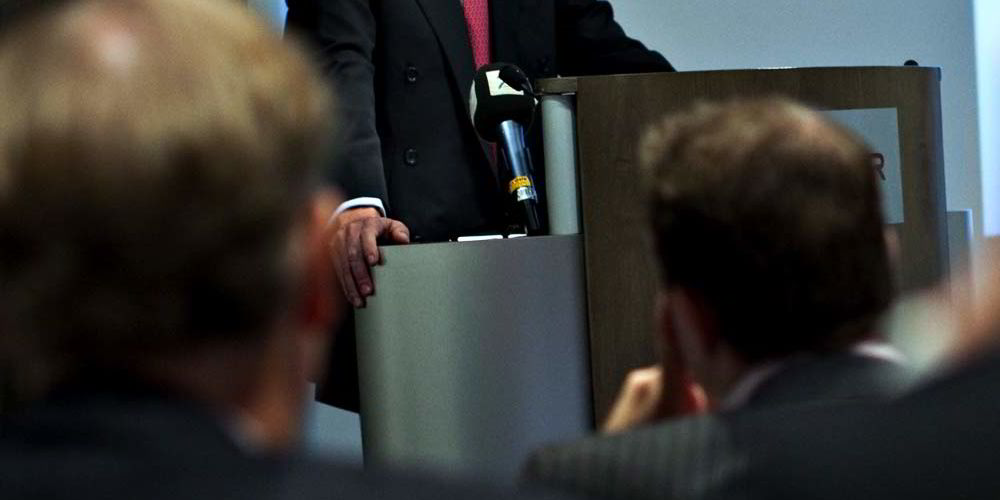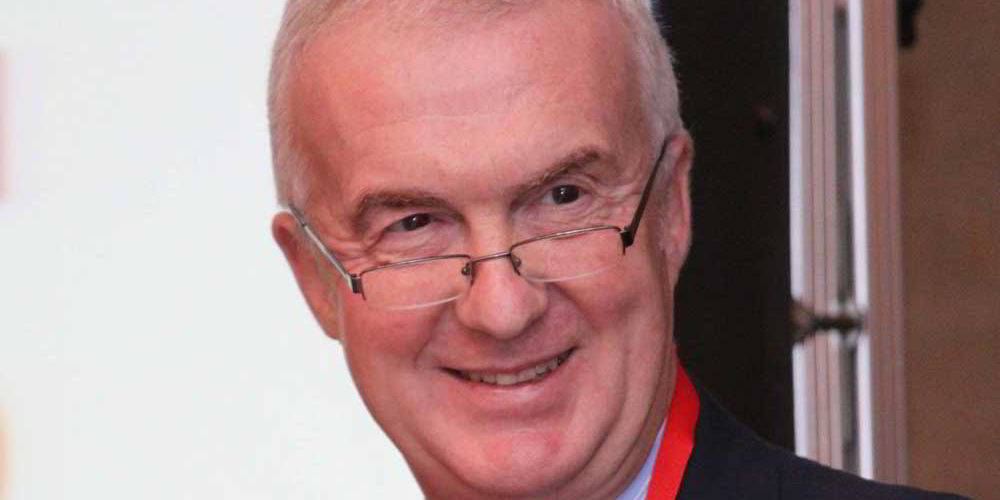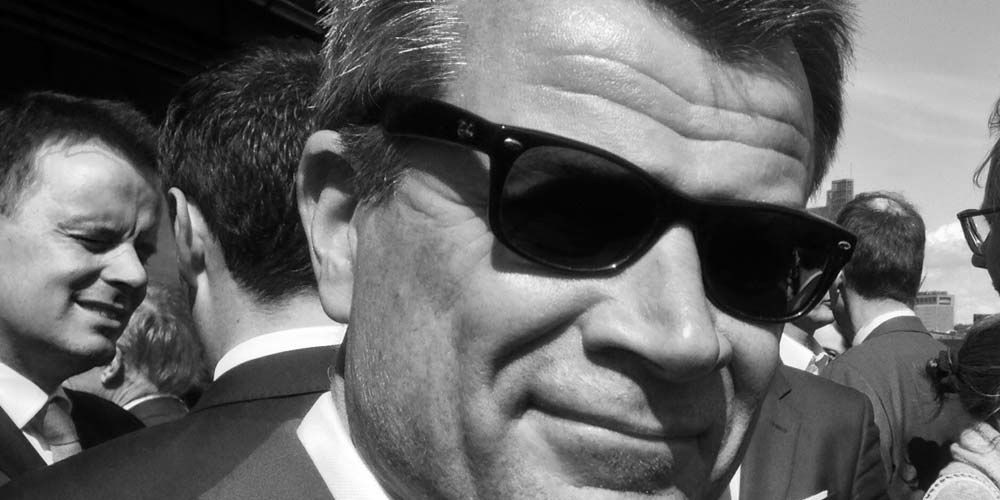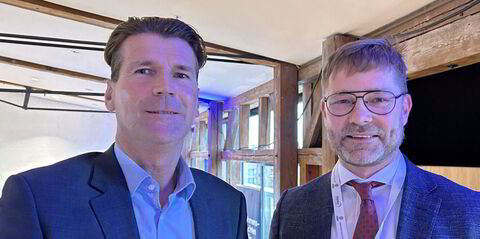Small, tight-knit and highly-motivated teams are best way for shipowners to structure their management, according to one of John Fredriksen’s former key executives, Jens Martin Jensen.
The former Frontline Management chief executive told an industry gathering today that a fast-reacting team with close communication was vital to taking the right decisions quickly.
“The best performance you can get out of people is to have the leanest organisation, for them not to be chained down,” he said.
“If they have the desire, they will perform in a small company. The concept has to be like that.
“The worst thing in a company is to have to stand at the coffee machine to find out what is going on,” he told the Maritime HR Association’s 10th annual conference in London.
Lessons from Frontline
Frontline Management, which he led from 2009 to late 2014, employed only around 50 staff – although he started his shipping career with 10 years at global giant AP Moller before moving to Island Shipbrokers in Singapore.
“In Frontline, it’s a small organisation, everyone is hand-picked, and everyone is working at their peak.”
Speaking as part of a panel that discussed human resources (HR) as a strategic partner to management, he added: “I think you should pay people what they are worth.

“I’ve had young people with two years’ experience paid more than people with 20. You’ve got to get the right people in and then let them excel.”
Maersk and mixed experiences
Maersk’s failure to find an internal successor to founder Maersk Mckinney Moller was an example of the weakness in big corporate culture.
“They ended up having to hire a CEO from a brewery and a CFO from a Norwegian bank. Ultimately they failed to find a successor to a boss who died at the age of 96,” Jensen said.
He added: “Maersk taught me a lot, but I knew how my skills could be improved, especially in quick decision-making.”
Perhaps unsurprisingly, Jensen admitted the event - which is run by maritime recruitment firm Spinnaker Global’s HR Consulting arm - was the first HR conference he had ever attended.
His own experience of HR was mixed.
“Maersk had a good programme. In my second career as a shipbroker, our HR department was the pub, where all problems were sorted out.
“My third was Frontline, where we were big in ships and small in people. There was no HR, I did it all myself.”
However, he added that it was “nice to have a partner” in HR to help with the process. “All three could have been improved.”
'Mission critical'
Fellow panellist and turnaround specialist Nicholas Fisher, currently chief executive officer of Masterbulk in Singapore, said for him HR was as important as finance in restructuring companies.

“HR for me is absolutely mission critical,” he said. “Finance and HR are key partners – they are the money and the people in the business.”
Tom Boardley, head of external affairs for Lloyd’s Register, said the classification society had successfully brought through four new corporate leaders in the last five years with the strong but flexible assessment and training measures.
“There’s nothing better than working for good leaders, but nothing worse than working for bad leaders!” he joked.
External training had been invaluable in that process at LR, but it would remain hard to justify the return on investment, especially amid tough markets.
Jensen added: “When the markets are good, everybody goes on a course, and even the secretary has a secretary!
“But when markets are bad no one goes, but that’s when you need training. Why do we not do it?”



